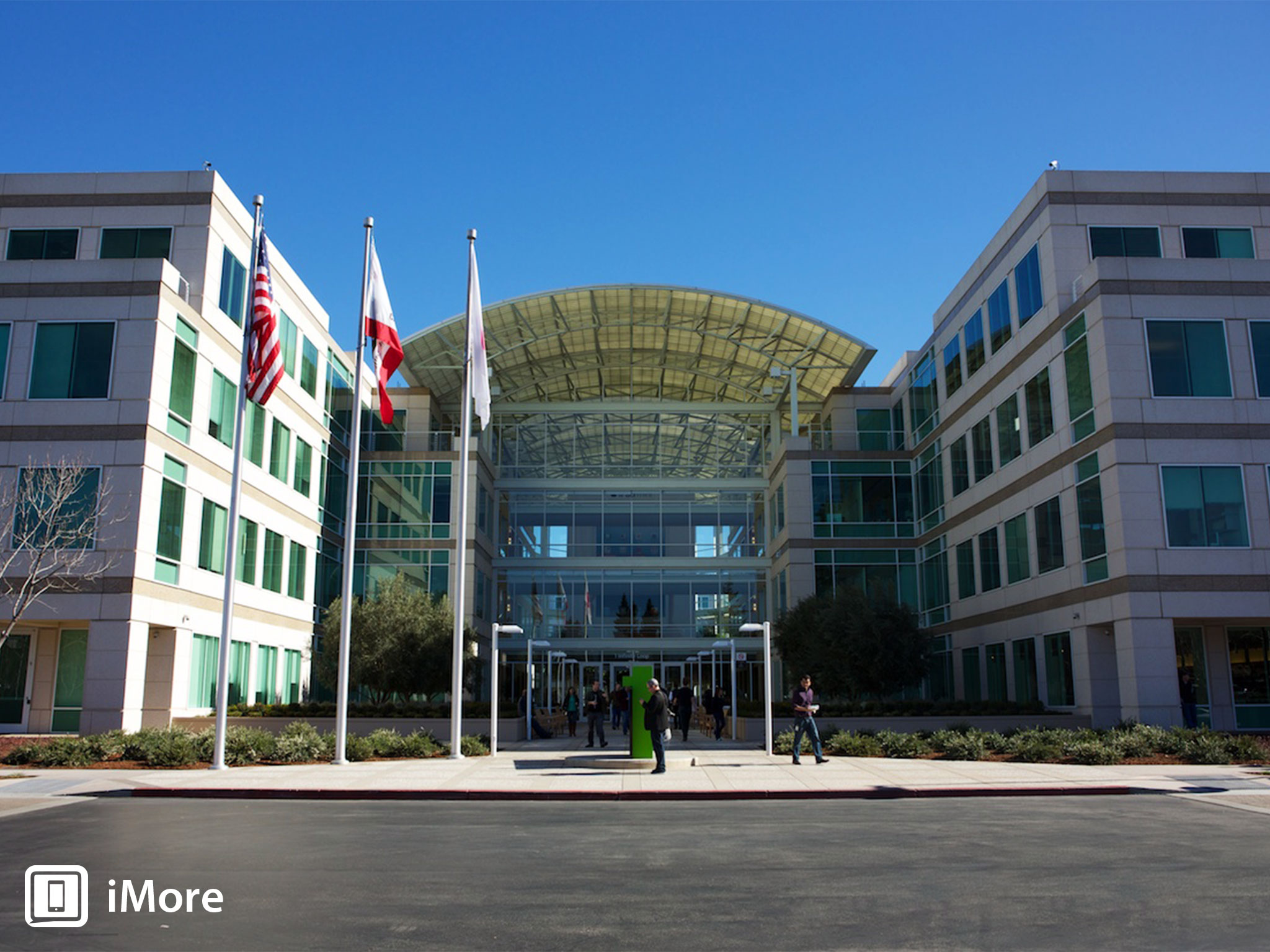How many customers does Apple need before it's not a cult anymore?

We've all heard it before: that Apple users are mindless sheeple incapable of thinking for themselves. That they'll buy any polished turd because it has an Apple logo on it. That they're slavishly devoted to the brand. Apple as cult is an outmoded concept, a worn-out trope and a really lazy way to understand the company's appeal. And I'd really like to see that description of Apple stop.
It's true that Apple ownership once drove a cultish loyalty. It was a very different era. Microsoft was the heir ascendant; Apple was in decline and seemed doomed to the dustbin of history. It was the 1990s. Apple computers had infinitesimal marketshare, and the company was pretty moribund - years of mediocre products and incompetent senior management led the business to a very bleak point, and it looked like there was no way out.
The only people who were still using Macs were ones who really believed the products were better. Who could either by obstinance or by persuasion convince their corporate masters that Macs were worth keeping around. But it was difficult. And it demanded tenacity. And more than a bit of irrational fervor.
The rest of the Apple story is the stuff of legend and myth: Steve Jobs, the once-spurned founder, returned at the eleventh hour. He triumphantly turned the company around and championed the development of new products. He single-handedly produced the iPhone out of a chunk of obsidian that descended from the heavens on a beam of golden light. Jobs and his dizzying array of magic inventions enabled Apple to become the most lucrative consumer electronics brand in the world.
OK, that last part I made up myself. But it fits the narrative of Apple as cult or religion.
Think about it: How many times have you seen "the Apple faithful" referred to in a news article from either a tech blog or a magazine or a newspaper, referring to Apple product owners? Those days are long behind us, now.
The average Apple device owner isn't someone with iMac posters in their bedroom who orders Steve Jobs action figures from Japan. He or she isn't someone who "bleeds Apple colors if you cut them." They're not the sort of people who stand in line for hours or days waiting for new products at the Apple Store. Sure, those people exist. But they're not the bulk of Apple's customer base.
iMore offers spot-on advice and guidance from our team of experts, with decades of Apple device experience to lean on. Learn more with iMore!
Apple has over 500 million customer accounts on the App Store alone. Let that number sink in for a minute. 500 million. A year ago CNBC reported that Apple products were in more than half of all homes in the United States alone.
The vast majority of the people who own Apple products are regular folks. They're the mainstream.
Today's Apple customer is not slavishly devoted to Apple any more than they're slavishly devoted to the company who made their TV, or their shoes, or their car. They may have some brand loyalty, certainly. But there's a huge difference between that and the complete absence of objectivity that's implied by cultish veneration. These aren't people who will ever come to a Macworld Expo. They're not people who are likely even to visit this site. Apple products exist in their life, but their life exists outside Apple products.
Apple long ago recognized that its strength is in creating products that people like to use, that improve the quality of their life in small and large ways. And that's what they do, whether it's making it easier to download digital music, use a cell phone, use a computer or a tablet, Apple has a knack for making things that people like.
That's not being a cult. That's paying attention to your customers.
Certainly, there is a vocal minority of people who assume that the smartphone you carry in your pocket or the brand of computer you brought with you to Starbucks implies that you're on someone's team. We see those jerks in discussion forums all the time, haughtily crowing about the benefits of their platform over the plainly inferior one they're criticizing.
And they don't just exist in the Apple world. Android users can be real jerks too. Go to a gaming web site and check out the debates between PlayStation and Xbox enthusiasts. Or how about those window decals in the back of Ford trucks showing cartoon character Calvin peeing on a Chevy logo, or vice versa?
These folks are all demonstrating some form of misplaced modern tribalism. And it's a form of tribalism that tech journalists are only too happy to exploit, because it creates tension and drama.
Make no mistake: the "Apple faithful" trope is a dog whistle. It's manipulative and polarizing. It's something that the media uses to drum up interest in what they're talking about, and it reinforces a stereotype that is equally inaccurate and offensive.
So here's a call to action to my fellow tech reporters: The next time you want to write about "the Apple faithful," don't. Recognize that Apple product users exist in a continuum just like users of any other product, and find a different way to describe them that isn't so divisive.
And if you use "the Apple faithful" or a similar term to describe Apple product owners, please understand: you're part of the problem. And you need to change your behavior.

